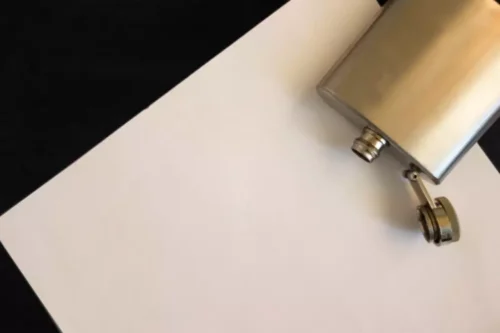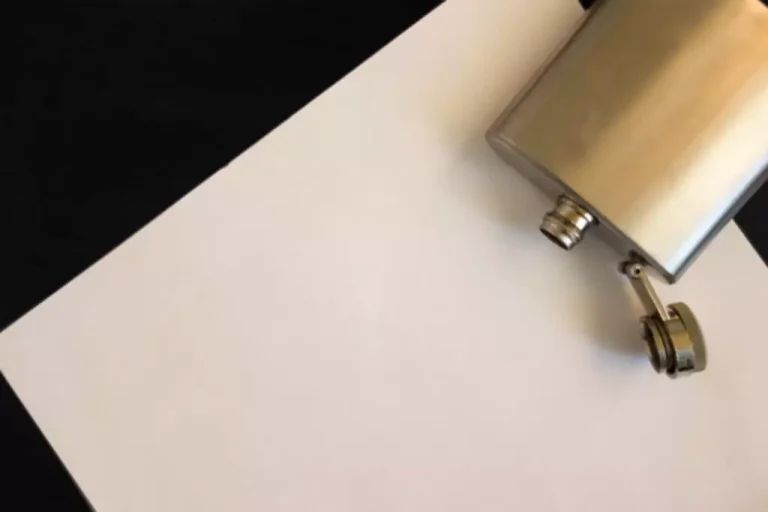
If you’re allergic to any of the ingredients in a mixed drink, you may want to avoid it. Sneezing is an involuntary burst of air forced from your lungs through your nose and mouth. It usually happens when things like dust, pollen or viruses irritate the mucus membranes that line your nose and throat. But it usually doesn’t indicate a serious health condition. Some people with specific conditions may experience additional symptoms or complications if they sneeze too much. For example, people with frequent nosebleeds might experience more bleeding episodes with sneezing.
- You can’t control when a sneeze happens, and you should never try to hold one in.
- Other chemical irritants that can cause sneezing include strong odors, perfumes, foods, and tobacco smoke.
- If you’ve noticed any of the above symptoms, you may consider going cold turkey to improve your health.
Symptoms

While a sneezing after drinking alcohol few sneezes may not be an indication of anything worrisome, it’s always better to talk about your new symptoms and look for an underlying issue than suffer frequent sneezing. Closing your eyes is a natural reflex your body has each time you sneeze. Despite common lore, leaving your eyes open while you sneeze will not cause your eyes to pop out of your head.

Red Wine And Nasal Congestion
- If you have alcohol intolerance, your digestive system doesn’t process alcohol properly.
- Alcohol allergy symptoms can range from mild, such as an itchy mouth or eyes, to severe, including vomiting or anaphylaxis.
- However, standardized skin testing using different types of alcohol is not currently available.
Many people with Hodgkin’s lymphoma develop enlarged lymph nodes. But in rare cases, they become painful after alcohol consumption. The symptoms of histamine intolerance are similar to an allergic reaction. For example, potential symptoms include red and itchy skin, nasal congestion, shortness of breath, abdominal pain, and diarrhea.
How can I make myself sneeze?
If someone else breathes in these droplets or touches a surface where they land, they can get symptoms of infection. Always cover your mouth while sneezing to maintain hygienic conditions and prevent the spread of germs. Researchers have discovered that some people sneeze when they have sexual thoughts or when they orgasm. A sneeze happens when something like mucus, a tiny object, or an allergen interacts with skin or the tiny hairs that line your nose. In that case, it’s better to cough or sneeze into your upper sleeve rather than your hands.
Why Do I Get Stuffy Nose & Nasal Congestion After Drinking Alcohol?
Whether you only have the occasional glass of wine at dinner or frequently enjoy late nights out, you’re sure to learn valuable tips to nip post-drinking nasal congestion in the bud. The same is true for pollen, pollution, dander, mold, and other allergens. When these substances enter the body, the body responds by releasing histamine to attack the invading allergens.
- If left untreated, an allergic reaction can quickly become worse.
- Although possible to sneeze with your eyes open, you probably should not try it, advised Dr. Purkey.
- Mindful drinking offers that middle ground where you’ll proactively improve your drinking habits without any pressure to quit.
- Certain unusual medical conditions can also lead to an injury when holding back a sneeze.
- However, some people may experience allergy-like reactions after consumption.
- Any way you handle a sneeze, make sure you wash your hands right after to avoid exposing others to germs.
What’s more, the researchers found that sneezing didn’t have the same “reset” effect on people who have chronic nasal issues like sinusitis. Figuring out how to reactive those cells may help treat these ongoing issues. Stopping alcohol abruptly after long-term heavy drinking can also lead to alcohol withdrawal syndrome, which commonly manifests as symptoms like nausea and vomiting. Other chemical irritants that can cause sneezing include strong odors, perfumes, foods, and tobacco smoke.


If you develop any signs of a severe reaction, you should receive one or more doses of epinephrine. It’s available in preloaded syringes, known as epinephrine auto-injectors (e.g., EpiPen). If your doctor prescribes an epinephrine auto-injector, you should carry it with you at all times. Then go to your nearest emergency department for follow-up care. If they suspect you have a true allergy to alcohol or another ingredient in alcoholic beverages, they will likely conduct allergy testing. The most common type of allergy testing is the skin prick test.

